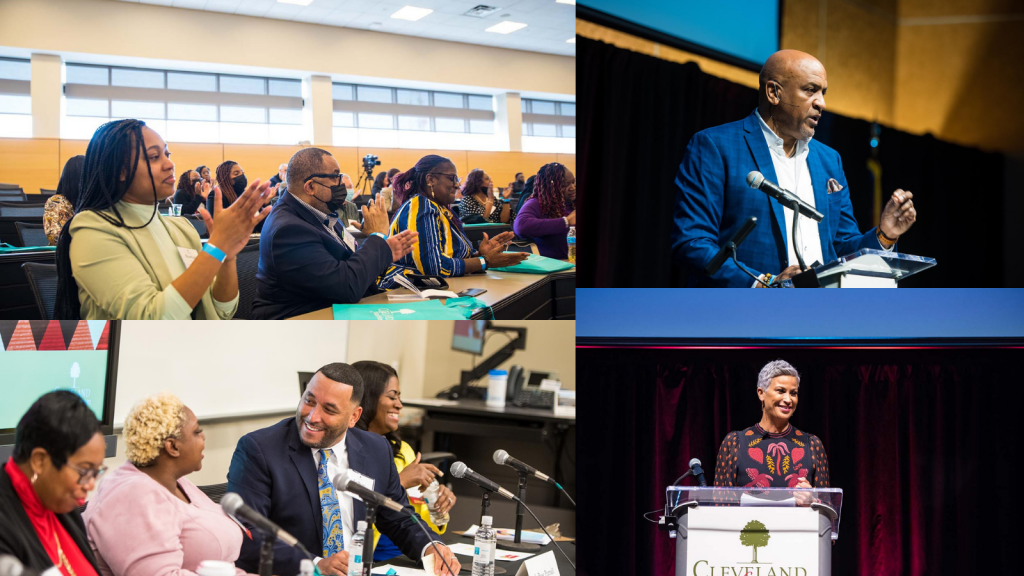By Terri Bradford Eason, Senior Director of Advancement Equity Initiatives, Cleveland Foundation
One of the greatest joys in my career has been helping amazing Clevelanders make a difference in supporting nonprofit organizations and causes they care about, either locally, regionally or nationally. In many cases, the individuals I meet have been “checkbook giving” for a number of years, answering annual appeals; supporting capital fundraisers for churches, universities and hospitals to name bricks and benches; and giving incrementally to causes they feel passionate about. In times of dire need, individuals become even more generous. We saw total charitable giving in the United States increase by 5.1% to a record $471.44 billion in 2020 as donors sought to respond to the dual pandemics of COVID-19 and systemic racism, among other pressing issues.
As charitable giving grows, donors are becoming aware of more sophisticated options that can channel the power of their individual donations into ongoing philanthropy. There are familiar financial tools like investment funds, split interest vehicles (trusts and annuities) and estate plans that can be put to work in the charitable arena to generate income, preserve wealth and harness the power of compounding interest – all for the greater good.
At the Cleveland Foundation’s recent African American Philanthropy Summit, which drew hundreds of like-minded individuals this spring, we asked our audience to think about wise investment options that would allow them to leverage their available resources for charitable intent. This included making an immediate impact in the community or making an impact in the future. For each onramp, there are multiple philanthropic vehicles that can be considered:
Donor Advised Fund
You can create a donor advised fund (DAF) and receive an immediate tax deduction with an initial gift of cash, appreciated securities like stocks and bonds, or a combination of assets. Additional family members can become fund advisors or successor advisors. The DAF acts as a charitable savings account, and donors recommend grants based on investment earnings in perpetuity. Grants from DAFs to charities hit a record $34.67 billion in 2020, a 27% increase over 2019.
Supporting Organization (Family Foundation)
You can create a supporting organization via a community foundation like ours and opt for a more structured approach. Supporting organizations function similar to a private foundation with a board of directors and a philanthropic plan. Donors receive an immediate tax deduction.
Named Field-of-Interest and Named Designated Funds
You can open a named fund to support one or more charitable organizations or a field of interest, and the Cleveland Foundation will automatically distribute grants according to your wishes. In the United States, the top three interest areas for donors are religion, education and human services.
Bequest
You can make a gift to charity in your will as a direct way to provide for the community after you’re gone. Giving by bequest represents about 9% of all charitable giving in the United States.
Charitable Gift Annuity
You can establish a charitable gift annuity benefiting one or more nonprofit organizations, gain an immediate tax deduction, and receive fixed payments from the Cleveland Foundation for life.
Charitable Remainder Trust
You can establish a charitable remainder trust benefiting one or more nonprofit organizations, gain an immediate tax deduction for the future value of the gift, and receive payments from the Cleveland Foundation based on a percentage of the trust’s value or a fixed amount. You may make additional gifts to the trust and qualify for additional tax benefits.
Unlike one-time cash gifts to charity, these instruments allow donors to put money aside, make a wise investment and give back in perpetuity. It’s an approach that is both savvy and personally very rewarding.
For more information on how to support the causes you care about with the Cleveland Foundation, contact Terri at tEason@clevefdn.org or 216.615.7580.



